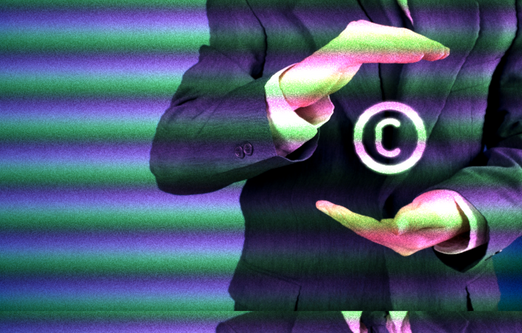In recent years, the intersection of artificial intelligence and copyright law has become a hot topic, especially as AI-generated content becomes more prevalent. The U.S. Copyright Office plays a crucial role in shaping the legal landscape for these emerging technologies. The U.S. Copyright Office administers the national copyright system and provides guidance on copyright law to Congress, federal agencies, the courts and the public. As AI technology advances, the office has been active in addressing the unique challenges it presents.
 Historically, the U.S. Copyright Office has maintained that copyright protection is reserved for works created by humans. This means that purely AI-generated works, without any human involvement, are not eligible for copyright protection. However, the landscape is evolving. In March 2023, the Copyright Office issued formal guidance stating that if a human significantly contributes to the creation of a work in which AI was used, it may be eligible for copyright protection. The office has been receiving applications for the registration of works that include AI-generated content, reflecting the increasing integration of AI in creative processes. As a result, preliminary guidance has been issued for those seeking to copyright works that involve AI content and that guidance can be found here. The office has also received complaints regarding the use of copyright protected art and text in the training of AI tools.
Historically, the U.S. Copyright Office has maintained that copyright protection is reserved for works created by humans. This means that purely AI-generated works, without any human involvement, are not eligible for copyright protection. However, the landscape is evolving. In March 2023, the Copyright Office issued formal guidance stating that if a human significantly contributes to the creation of a work in which AI was used, it may be eligible for copyright protection. The office has been receiving applications for the registration of works that include AI-generated content, reflecting the increasing integration of AI in creative processes. As a result, preliminary guidance has been issued for those seeking to copyright works that involve AI content and that guidance can be found here. The office has also received complaints regarding the use of copyright protected art and text in the training of AI tools.
Recognizing the growing importance of AI in content creation, the Copyright Office launched a new initiative in early 2023 to examine the copyright issues raised by AI. This initiative aims to explore the scope of copyright in AI-generated works and the use of copyrighted materials in AI training. As AI continues to transform the creative landscape, the U.S. Copyright Office’s efforts to adapt copyright law to these new realities are crucial. By providing clear guidelines and exploring the implications of AI in content creation, the Copyright Office helps ensure that copyright law remains relevant and effective in the digital age.
This blog post was written by Sylvia Watson, library law consultant and legal counsel, Indiana State Library.



